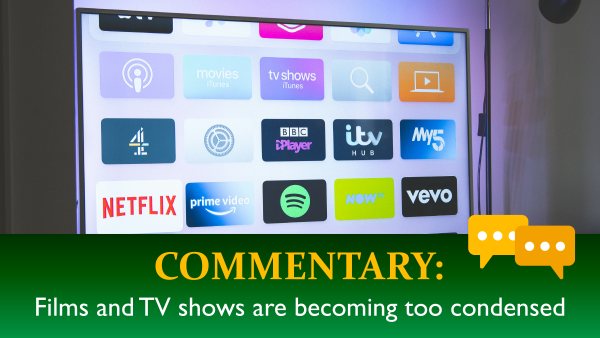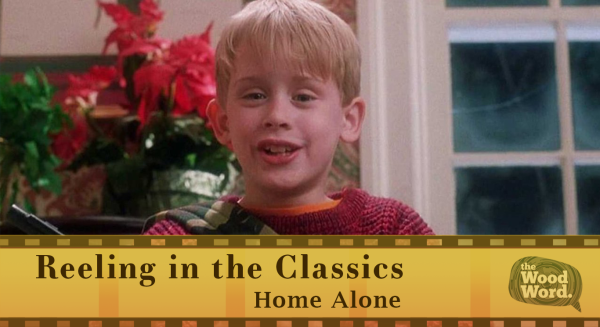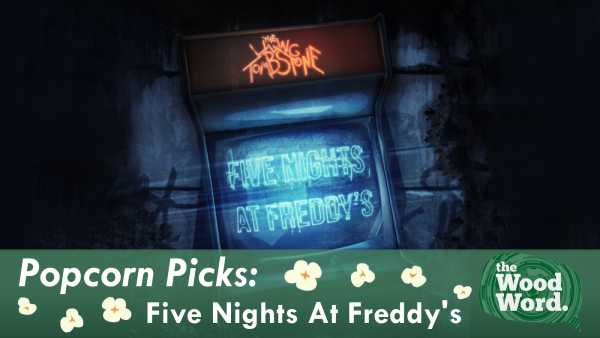Binge Breaks: The Walking Dead, Part One
Photo credit/ Jennifer Flynn
AMC’s “The Walking Dead” has come to its conclusion after 11 seasons and two currently airing spin-offs. During that time, the series had its highs and lows as well as four different showrunners.With each showrunner- the person with the top authority and creative control of a series- there is a different feel to the series, so to be as fair as possible, I will break down each runner’s’ time in the sun and rate them separately before rating the entire series. This article will cover the first three showrunners and the first eight seasons, with the next installment covering the last three seasons, all under the same showrunner.
Seasons 1-2: Frank Darabont
To start, there is Frank Darabont, the man who developed the comic series for television with AMC and Robert Kirkman, the comic writer. He was showrunner for the entirety of season one and part of season two. His era was short lived, but he managed to introduce audiences to the world of “The Walking Dead,” many for the first time. In the pilot episode Darabont wrote and directed, he grips the audience in the first three minutes, where Andrew Lincoln’s Rick Grimes tries to find gas but finds a zombified little girl instead and is forced to kill her.
His era of the show tackles the main group of survivors of the titular zombies trying to find safety and keeping their humanity, with different perspectives on the best path forward often clashing and reaching a boiling point.
Along with the writing of the humans, Darabont’s version of the walking dead, or “Walkers” as the group calls them, is distinguishable, with their pace more on the lines of jogging, being able to open doors and scale fences, and overall seeming much more “alive” than what comes later in the series. I can truly believe these Walkers in large packs can overthrow humanity.
As deep and intriguing as his writing was, it was slow. Not much action occurs in the show’s second season and that can be partially put on Darabont’s ideas for the season.
The second season has been jokingly referred to as the “sitting and talking” season by fans, but not without good reason. While this was mostly what this season contained, the talks the characters had were needed. Talks about humanity, how to respond to certain life-threatening situations, how far is too far? Are we still human? The second season focused intensely on tough moral questions without clear, right answers.
The characters in these first seasons are memorable and iconic, from everyone’s favorite crossbow-wielding redneck Daryl Dixon, played by Norman Reedus, to Jon Bernthal’s Shane Walsh, the weary, unhinged, intimidating and fan-favorite pseudo-antagonist, to Steven Yuen’s Glenn Rhee, the group’s scavenger- or as they call him, their “go-to-town expert”- and another instant fan favorite.
Darabont was seemingly fired from the series during the second season, as Lori Grimes actress Sarah Wayne Callies claims on Bernthal’s podcast: The REAL Ones. Interestingly, AMC claims that Darabont had “violent and disturbing interactions with the staff and talent,” with emails that were shared to confirm those claims.
Whatever the case may be, Darabont’s era was uncertain and gritty, but in my opinion, it was some of the show’s best material.
Darabont’s “Walking Dead”: 8/10.
Season 3: Glen Mazarra
After Darabont’s untimely removal from the show, Glen Mazzara took the mantle for the remainder of season two and the entirety of season three. During his time in control, the series reached its peak, with the season three premiere being the highest-rated episode to that point in series history, with over 10.9 million live viewers.
With that, “The Walking Dead” became the most watched cable drama in TV history. The show would beat this record again in each of the two following seasons, but Mazzara’s season is the one that started this trend.
Season three is one of my favorites, with the arrival of David Morrissey’s “Governor”, who asserts himself as the show’s first human antagonist within the walled-up community of Woodbury. His arrival prompted a major complaint of viewers: the living replaced the selling point of the series– the Walkers.
But that is not on him– that is more of an issue with the premise of “The Walking Dead” as a whole. Mazzara’s third season was big, and for that, I commend him.
Mazzara’s TWD: 8.5/10.
Seasons 4-8: Scott Gimple
Up next is Scott Gimple. If you’re a “Walking Dead” fan, you likely just shuddered hearing his name. Gimple ran the series from seasons four through eight, and during his time, his decisions and writing style lost viewership over the years, according to statistics from Statista. Seasons four and five were good, with five easily being in my top three.
But under Gimple, the show fell into a pattern of choppy dialogue, cliffhangers almost every episode and other awful decisions that resulted in the show’s viewership diminishing almost overnight. From the infamous Glenn/dumpster debacle to the season six finale which, while building interest for the next season, was quite overdone.
On the dumpster scene, it is pointless as Glenn is brutally executed in the very next season as in the comics. This was enough to turn quite a lot of viewers away. Seven and eight are viewed as the show’s worst with both seasons at the bottom of my list, despite Jeffery Dean Morgan’s Negan and his faction of Saviors proving to be as enjoyable as they were in the comics. Gimple took what should have been one of the series’ best arcs with Negan and dragged it out for two whole seasons.
Furthermore, the aforementioned season six finale cliffhanger winds up being a dud as Glenn isn’t the character who gets killed at first. However, instead of making things interesting with keeping Glenn alive, they decided to double down and simply kill them both. Two good characters who would’ve been interesting to see alive during Negan’s arc were both killed in order to maintain shock value and loyalty to the comics, a trend that is thankfully ended by the next showrunner.
But all this can’t compare to what resulted in Gimple losing the job and arguably killing the show: the death of Chandler Riggs’ Carl Grimes. This is a character who was never meant to die. Ever. Even in the comics, he survives until the very end and beyond. But not in the show. Here, he dies due to a zombie bite that was entirely avoidable. And yet, Gimple wanted audiences to “talk about” the event as the season eight mid-season finale promo said we would. Did we talk about it? Yes, but not in the way Gimple expected.
In days, a petition to have him removed was made and spread like wildfire. As a result, Gimple was removed from the series and sent over to the spinoff series “Fear The Walking Dead”. If anyone wants to see how to ruin a series, watch “Fear” seasons one to three and try to watch season four. You can see the almost immediate drop in quality because of him.
Despite running seasons four through six of the main show, I am afraid Gimple’s time as showrunner with constant cliffhangers and countless wasted characters is what killed “The Walking Dead.”
Gimple’s TWD: 6/10.
Contact the writer: [email protected]

Carter Cerretani is a senior Multimedia major pursuing an Animation minor and is the arts and entertainment editor for The Wood Word. When he isn’t studying,...














